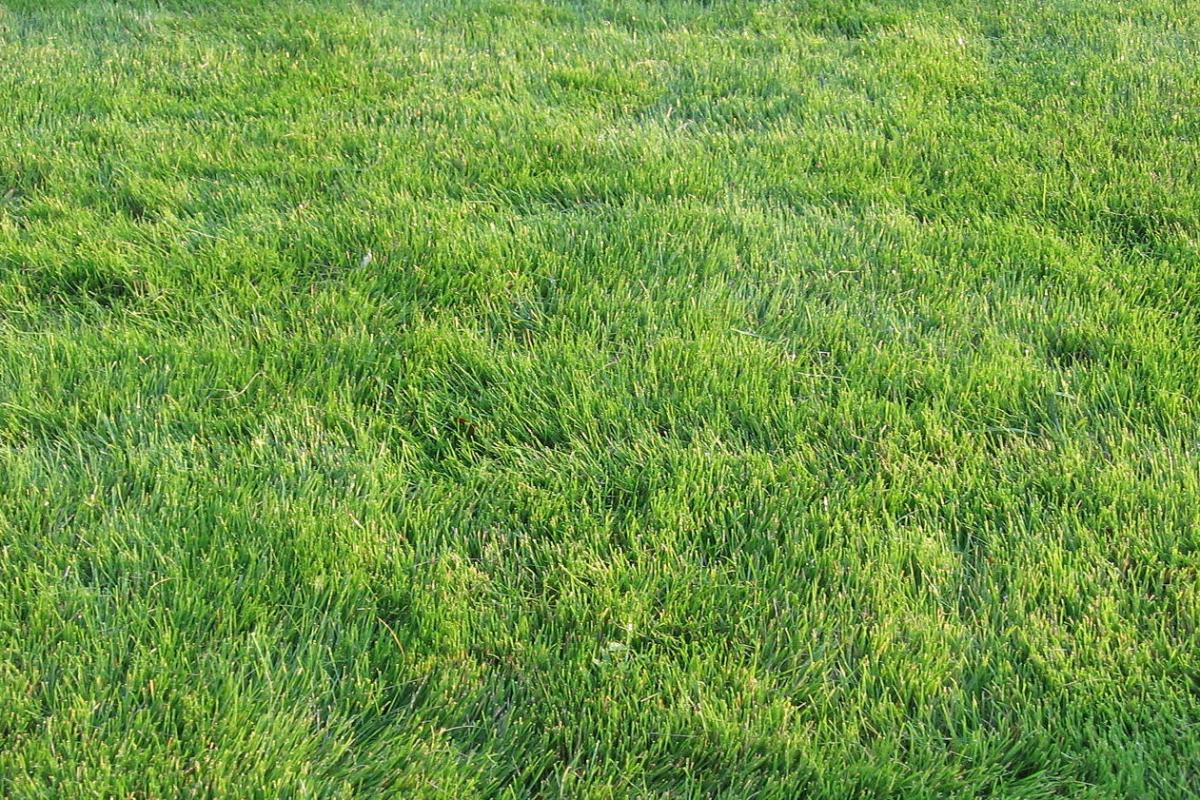D: Yaël, have I got a new money-making scheme for us.
Y: Uh-oh.
D: Don't worry--it's legal. We could start parking cars on our front lawns. I'm thinking that's an easy 100 bucks a day.
Y: But Don, aren't you worried about the damage to the grass?
D: Not at all. You see, the part of grass that's responsible for new growth is at the base of the plant, so even if the blades are harmed it isn't a big deal. That's how come we can mow grass without killing it.
Y: Maybe so, but think of all the damage to the soil.
D: To the soil?
Y: Most of the long-term harm from trampling is due to compacted soil. For example, the compaction can reduce the amount of air and water available to a plant. And when it rains on compacted soil, the water runs off instead of being absorbed, as it would be by more porous soil. Or else, even worse, it'll just puddle and drown the plant.
D: That would be bad.
Y: What's more, it's harder for plant roots to penetrate and work their way through compacted soil, and this can affect seed germination and the plant's ability to continue growing in that location.
D: Wait a minute--so how do they get all that beautiful grass to grow on football and baseball fields where there's much higher traffic than on my lawn?
Y: Grass on athletic fields is planted over a layer of sand, and that greatly reduces the problem of compaction.
D: Oh well. Why is it that these easy money schemes are never that easy?









